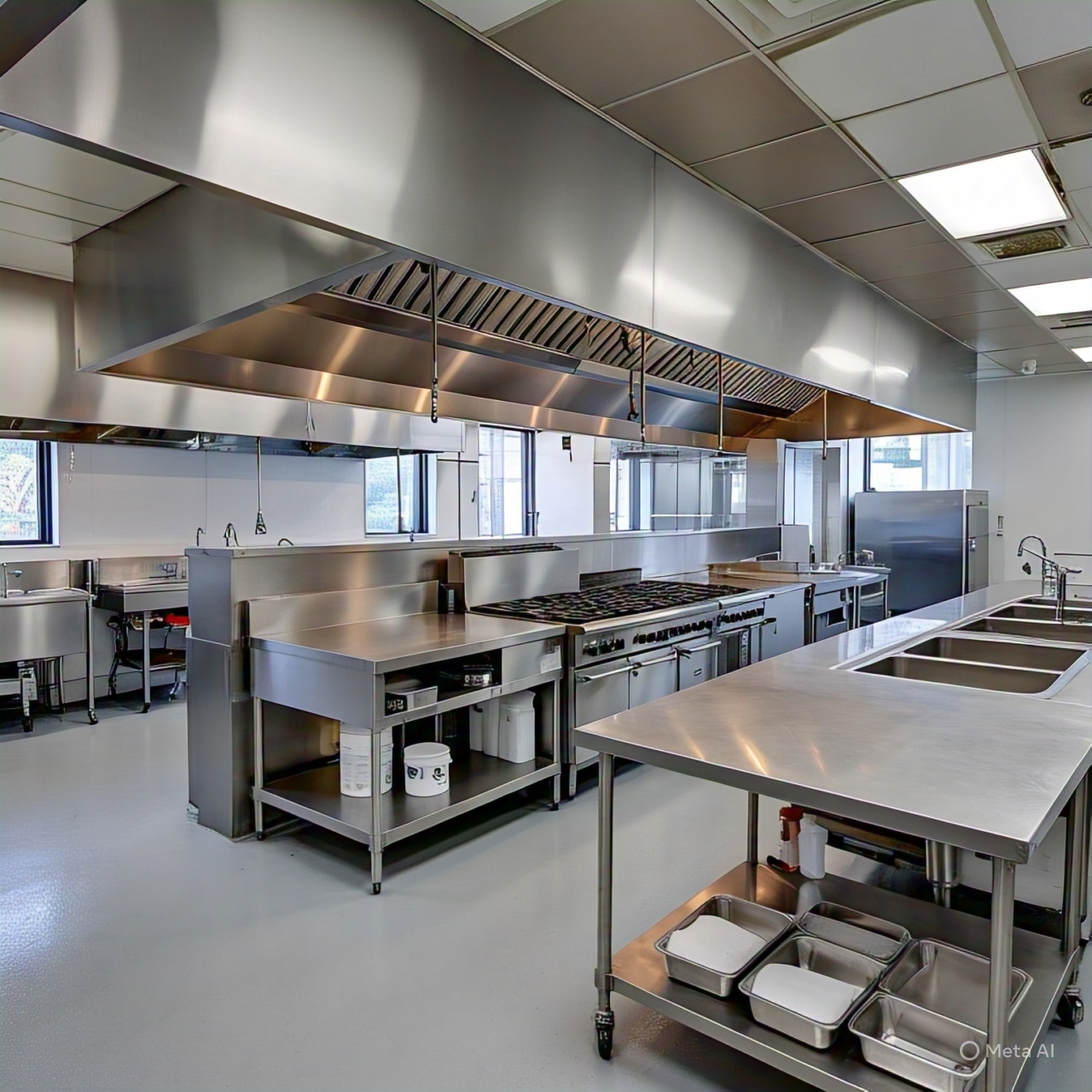
The Importance of Maintaining a Clean and Sanitized Commercial Kitchen
The Importance of Maintaining a Clean and Sanitized Commercial Kitchen
Maintaining a clean and sanitized commercial kitchen is crucial for the success of any food service establishment. A clean kitchen not only ensures the health and safety of customers but also plays a significant role in maintaining the reputation and efficiency of the business. In this post, we will explore the importance of cleanliness in commercial kitchens and provide tips on how to maintain high standards of hygiene.
Health and Safety
A clean and sanitized kitchen is essential for preventing the spread of foodborne illnesses. Food poisoning can have severe consequences, including financial losses, reputational damage, and even legal action. By maintaining a clean kitchen, you can reduce the risk of contamination and ensure that your customers receive safe and healthy food.
Reputation and Customer Trust
A clean and well-maintained kitchen is essential for building trust with customers. A dirty or poorly maintained kitchen can lead to negative reviews, lost business, and a damaged reputation. By prioritizing cleanliness, you can demonstrate your commitment to quality and customer safety, which can help to build trust and loyalty with your customers.
Efficiency and Productivity
A clean and organized kitchen is more efficient and productive than a dirty and cluttered one. When equipment and utensils are clean and well-maintained, they are less likely to break down, which can reduce downtime and increase productivity. Additionally, a clean kitchen can help to reduce waste and improve workflow, which can lead to cost savings and increased profitability.
Tips for Maintaining a Clean and Sanitized Commercial Kitchen
1. Develop a Cleaning Schedule: Create a schedule that outlines cleaning tasks and responsibilities for each staff member.
2. Train Staff: Provide regular training on cleaning procedures, sanitizing techniques, and food safety protocols.
3. Use the Right Cleaning Products: Choose cleaning products that are effective against bacteria, viruses, and other microorganisms.
4. Sanitize Equipment and Utensils: Regularly sanitize equipment and utensils to prevent the spread of bacteria and other microorganisms.
5. Maintain Good Ventilation: Ensure good ventilation in the kitchen to prevent the buildup of grease, moisture, and other contaminants.
6. Regularly Inspect Equipment: Regularly inspect equipment and utensils to ensure they are in good working order and clean.
7. Document Cleaning Activities: Keep records of cleaning activities, including schedules, procedures, and training.
Conclusion
Maintaining a clean and sanitized commercial kitchen is essential for ensuring the health and safety of customers, building trust and reputation, and improving efficiency and productivity. By following the tips outlined in this post, you can ensure that your kitchen meets high standards of hygiene and cleanliness, which can help to drive business success and customer satisfaction.
